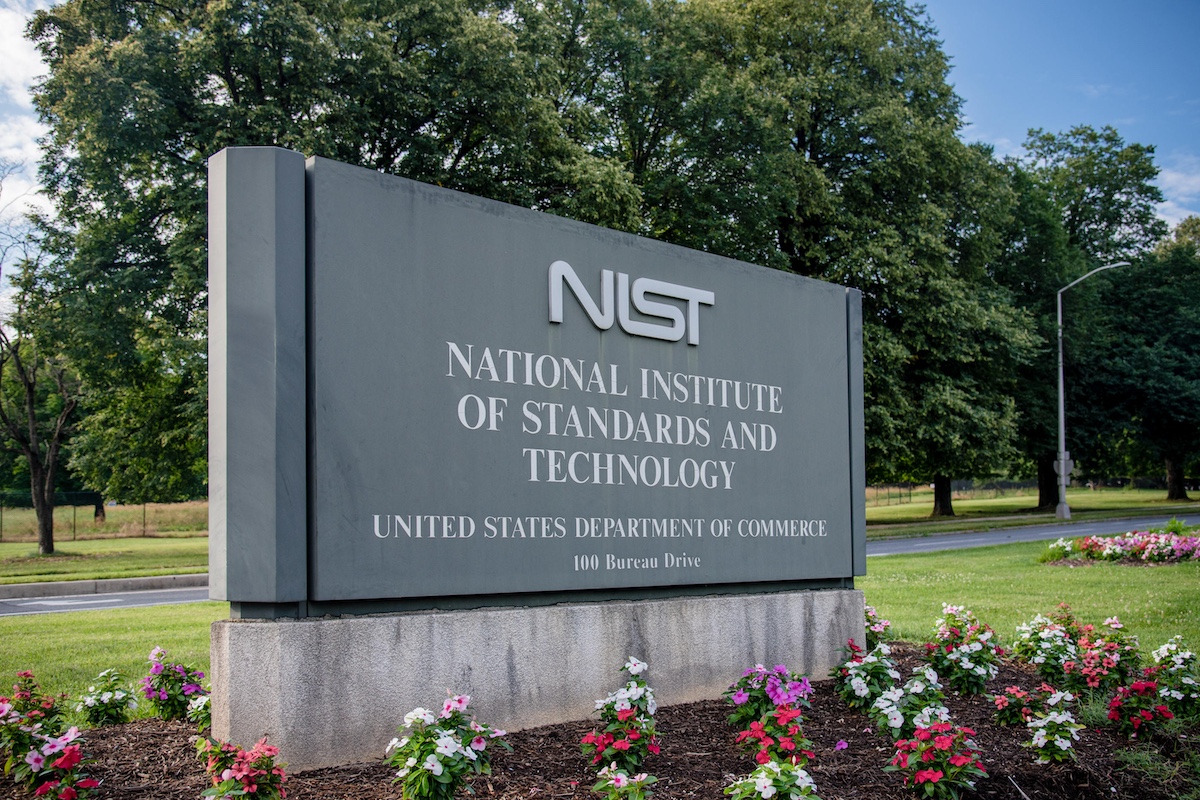Among the flurry of policies President Donald Trump axed as he settled into the White House was one focused on AI.
On Monday, Trump revoked former President Joe Biden’s executive order that focused on setting standards and research about artificial intelligence risks for consumers and national security. The move signals a shift in how the federal government will evaluate AI policy to be more pragmatic and “nonpartisan,” said Andrew Gamino-Cheong, CTO and cofounder of Trustible. The DC-area startup helps organizations and companies manage AI governance, build trust and reduce risk.
“I suspect you probably will see a lot less focus on fears of bias and discrimination,” Gamino-Cheong told Technical.ly, “and instead, more focus on national security.”
Following Monday’s move, Trump on Thursday announced his own executive order focused on AI to “sustain and enhance America’s global AI dominance in order to promote human flourishing, economic competitiveness, and national security.”
That means top officials will be required to submit an action plan within 180 days to achieve this. These leaders include Special Advisor for AI and Crypto David Sacks — a new position — and the assistant to the president for national security affairs.
These aren’t the first instances in which Trump used his powers to influence artificial intelligence development. In 2020, during his previous term, Trump issued an executive order that focused on establishing research and development efforts, as well as encouraging the federal government to use the technology.
Biden’s and Trump’s previous orders are pretty similar, Gamino-Cheong said: Both focus on national security and embedding AI in government operations.
“There’s some continuity there, but this is a lot of window dressing in order to try and send a message,” Gamino-Cheong said. “I actually don’t think there’s going to be … a lot of significant changes as a result of the revocation.”
Trump also announced a joint venture, called Stargate, to build AI infrastructure alongside leaders from private sector companies.
The AI policy organization Americans for Responsible Innovation (ARI) noted that despite the reversal, the previous executive orders built a solid foundation.
“How today’s repeal will impact agency work on AI really depends on what direction President Trump gives federal agencies next,” said ARI Executive Director Eric Gastfriend in an announcement. “We know AI advancement and national security are a priority for this administration, so this is an area to watch for action in Trump’s first 100 days.”
More similarities than differences
Gamino-Cheong suspects Biden’s order was struck down because of the “civil rights” tone in its bias and discrimination detection provisions. It also used the Defense Production Act to compel companies to share testing information of certain models with the government, which crossed the line with some conservatives, he said.
For that, companies were required to notify the government that a company was training such a model, as well as provide information about what was being built, per Gillian Hadfield, a professor of computer science with a joint appointment in the government and policy school at Johns Hopkins University. That information included how big the model was and what tests had been done. But there were no requirements for the tests themselves; they were just for notification.
Days before leaving office, Biden unveiled policies to control exports of chips and other technology related to AI projects in the US, intending to restrict China’s AI development. Gamino-Cheong suspected Trump has not yet touched this protocol because of its national security focus. If anything, it’ll be adapted to be more stringent.
“Despite what they’ll say publicly, their attitudes about China weren’t that far apart in terms of fear of Chinese competition,” he said, citing Trump’s boasting about the Stargate project.
There’s a “big question mark,” in terms of where policy is going to go, said Hadfield. But national security will continue to be a focus in this administration.
For instance, the US-China Economic and Security Review Commission at the end of 2024 recommended establishing a Manhattan Project-like program dedicated to racing to develop artificial general intelligence, or AI that matches or surpasses human cognitive capabilities.
“Clearly we will see those kinds of efforts, but that also implies various kinds of regulation, even if it’s regulation at the level of international trade, global relations,” Hadfield told reporters at a media briefing. “AI regulation is not going away.”
AI governance in flux for feds and startups alike
Part of Biden’s original AI order called on the Department of Commerce (DOC) to create the AI Safety Institute, which then developed a consortium at the start of 2024. The group of AI developers and users, academics, civil society organizations, and government offices was tasked with setting standards for AI use.
Trustible is a part of that group, which also includes giants like Meta and OpenAI that committed $1 million donations for Trump’s inauguration. OpenAI CEO Sam Altman even joined Trump, as well as the CEOs of SoftBank and Oracle, to announce the Stargate project.
Gamino-Cheong said it’s unclear how this consortium will continue under this new administration. A question remains of whether or not Congress would fund the group’s work, he added. Still, the consortium won’t dissolve overnight to his knowledge.
The institute operates within the DOC’s National Institute of Standards and Technology, which did not immediately respond to a request for comment.
Regardless of what happens, Gamino-Cheong believes his work with Trustible won’t be directly impacted by Trump’s decision. If anything, he’ll be working more.
“If there’s not going to be as much guidance coming out of the government,” Gamino-Cheong said, “a lot of organizations will need to fend for themselves.”







